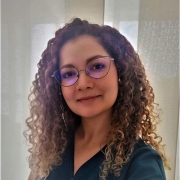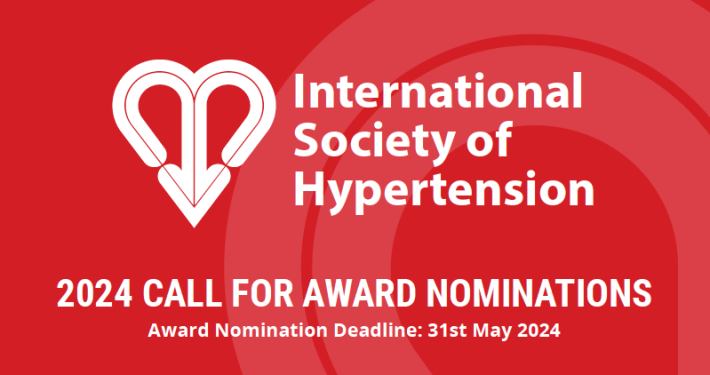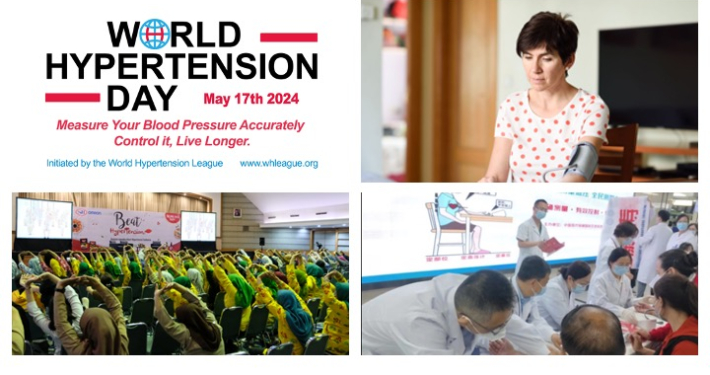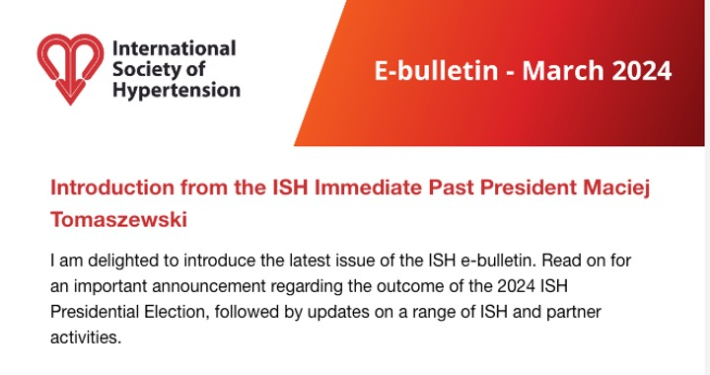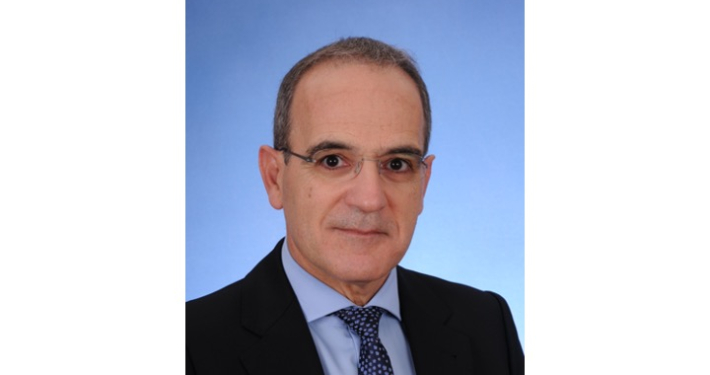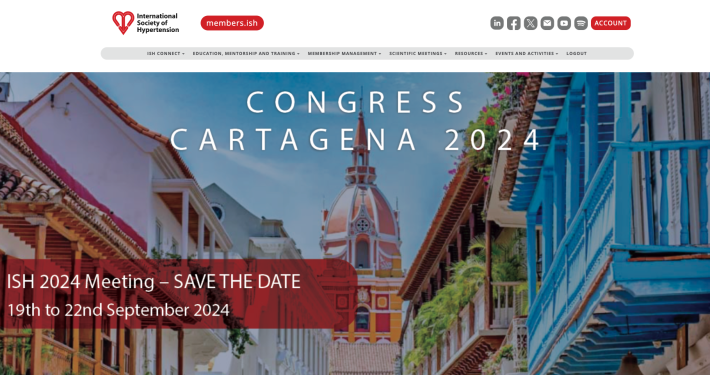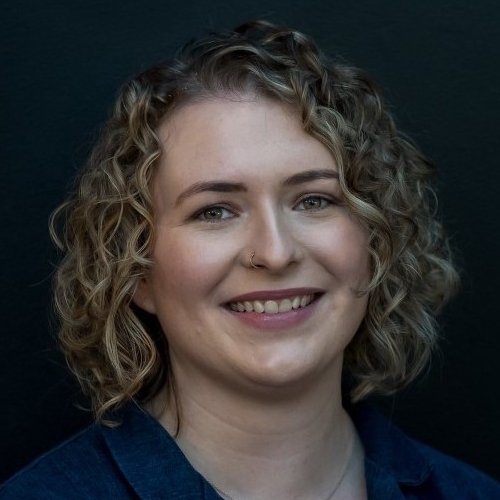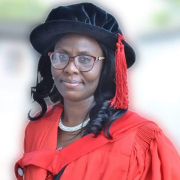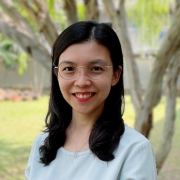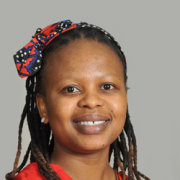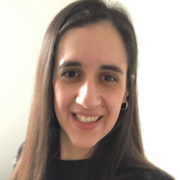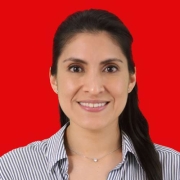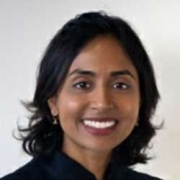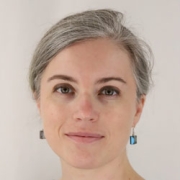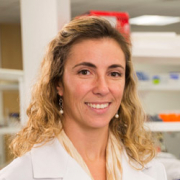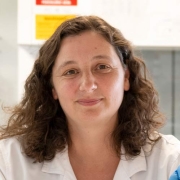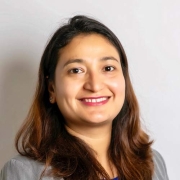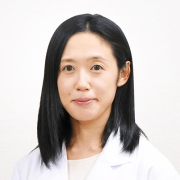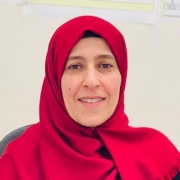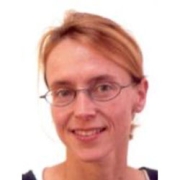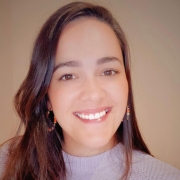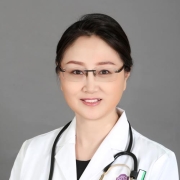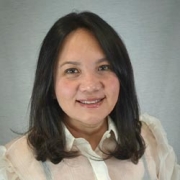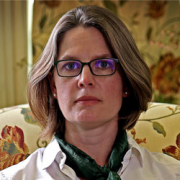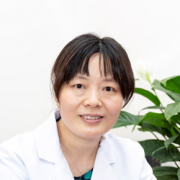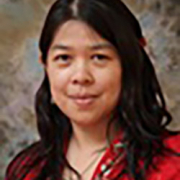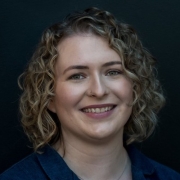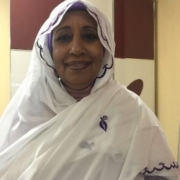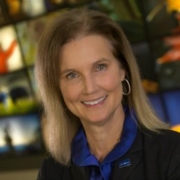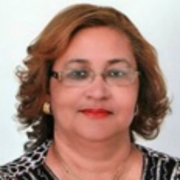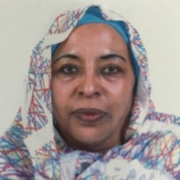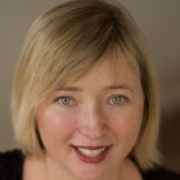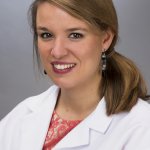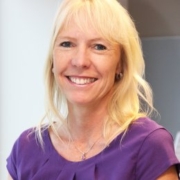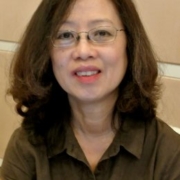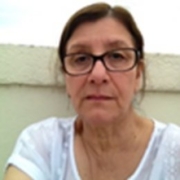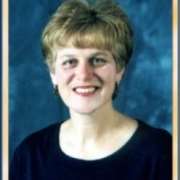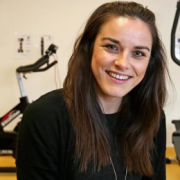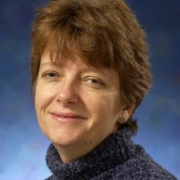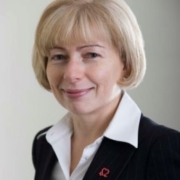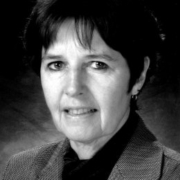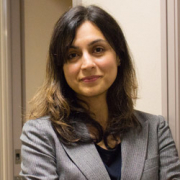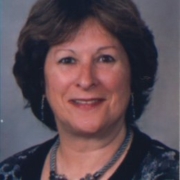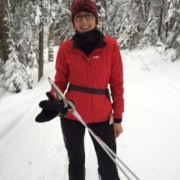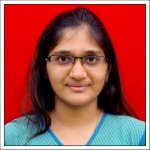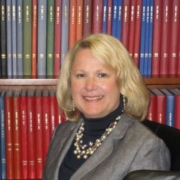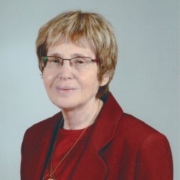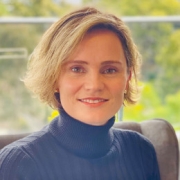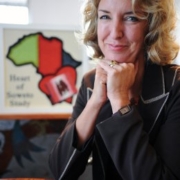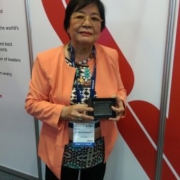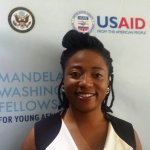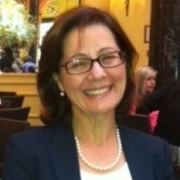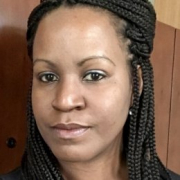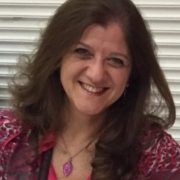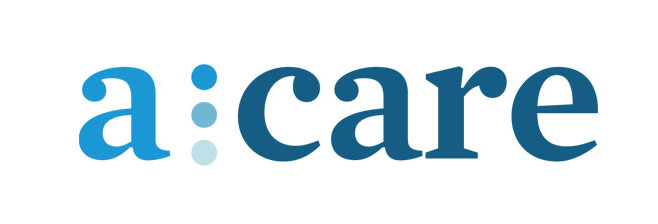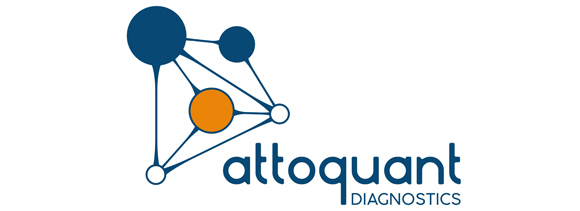1. What is your role at your work?
My role is focused on implementing a new health service to improve cardiovascular risk assessment when patients go to have a blood test to measure their cholesterol. As part of this role, I am coordinating a large cluster-randomised controlled trial to recruit nearly 10,000 participants over the next 12-18 months.
My research interests are focused on innovation in health service delivery and embedding research into clinical practice so health services can be rapidly evaluated. Ultimately, my research goal is to identify people at risk of cardiovascular disease so that appropriate intervention can be made to support patients and prevent avoidable deaths.
2. How did you get interested in your career path?
My interest in blood pressure and cardiovascular disease started from my very first day at university under the mentorship of Associate Professor Barry McDonnell. Barry’s encouragement and support helped me gain research experience at the Wales Heart Research Institute with Professor John Cockcroft and to ultimately pursue my PhD and pursue my interest in research.
3. What are you most proud of in your career or otherwise?
I am proud that I have persevered and taken chances even when I felt like I couldn’t do something or I wasn’t good enough. I remember when I first started to think that I would like to do a PhD, I didn’t tell anyone because I was so worried that I wasn’t good enough and that people would like think I was ridiculous for aiming that high. Getting a PhD is like an intensive course in resilience, it takes a lot of passion and dedication to persevere through the challenges and when I look back on my career to date, there are many tiny little moments where I am proud that I kept going.
4. What important career challenges have you faced and how did you overcome them?
I have dyslexia and really struggled with writing during the first two years of my PhD. I found it immensely frustrating that I could talk clearly and effectively about research, but I couldn’t put that down in writing. I am very grateful to my supervision team for supporting me through that time and that I persevered with scientific writing. The impact of dyslexia will most likely be a challenge I will face throughout my career, but I feel supported by colleagues and have developed strategies to overcome those challenges.
5. What advice would you give your younger self?
Get started. When you set your mind to something and work hard, you will be amazed at what you can achieve, the hardest part is getting started. So just start.
6. Highlight your most significant research contributions and publications (3-5) – if relevant to you.
For my PhD work, I established a new technology-based health service to provide participant information, obtain informed consent, deliver a clinical questionnaire and measure blood pressure all self-directed by the patient in the waiting room of a busy clinical environment.
The pilot work for my PhD included proving that the service was feasible (1) and conducting a randomised comparison of a multimedia-based consent process (2), where a researcher does not need to be present to provide participant information to the traditional paper-based approach with a researcher present.
We have since used these findings to secure national funding and are conducting a large randomised controlled trial to determine if the new health service improves the management of patients. I have really enjoyed building on my early research work, making refinements and then applying this knowledge on a larger scale.
- doi:10.1093/fampra/cmaa034
- org/10.1136/bmjopen-2020- 036977
7. Have you had any significant career mentors? If yes, please provide further details.
I am very fortunate to have had many great mentors already in my career. For me, early mentors were formative in building my confidence to pursue research. Barry McDonnell was a very patient and enthusiastic mentor that I credit with sparking my interest in cardiovascular research. I am extremely grateful that through Barry’s support I was able to attend the ARTERY conference in 2015 where I met James Sharman, Martin Schultz and Dean Picone and found myself pursuing a PhD in Tasmanian in the Blood Pressure Research Group a year later. The team are extremely supportive and I consider myself very lucky to get to work with these wonderful mentors and colleagues. I have benefited from peer mentors that have supported and inspired me from early on, Francine Marques and Rachel Climie have been hugely influential in my career and helped me navigate starting out as a researcher.
8. How can we support the next generation of women scientists?
I have a lot of energy for the work of the Women in Hypertension Research Committee and associated network because I am deeply passionate about supporting women to pursue research. First and foremost, women can be supported to pursue science by institutional policies and practices that address barriers to career progression for example addressing the gender pay gap, providing support for those with caring responsibilities and promoting an inclusive workplace.
In my view, we each have a role to play to support women and other underrepresented groups to pursue research, this may be through mentorship of women, sponsoring women for career enhancing opportunities, advocating for gender equality at conferences and active allyship if you are in a position of privilege. For me, it starts with reflecting on the privilege and opportunities I have and thinking of ways to share those opportunities or using a network to promote inclusion in research. If each of us regularly reflect on ways we can support more women and other underrepresented groups to be successful in our daily practice we will ultimately have a more diverse scientific community that will enable new ideas that better meet the needs of our communities.
